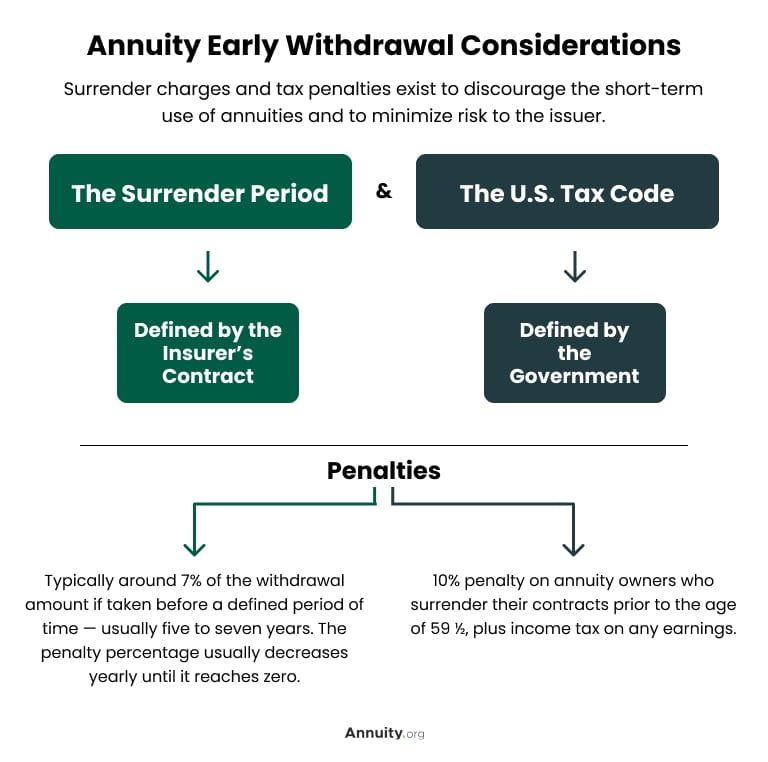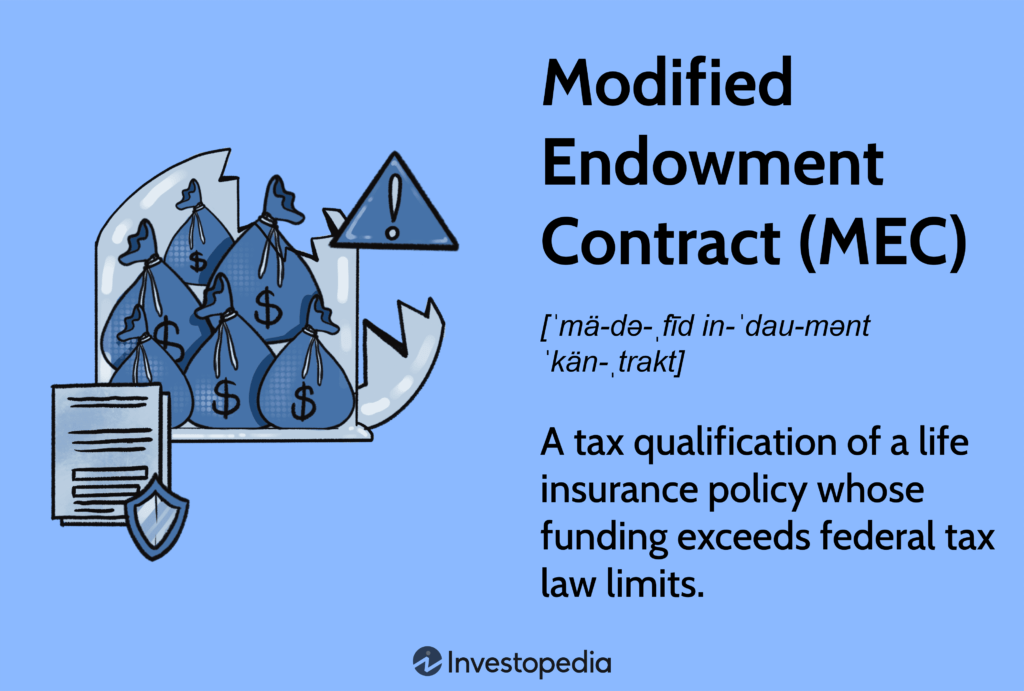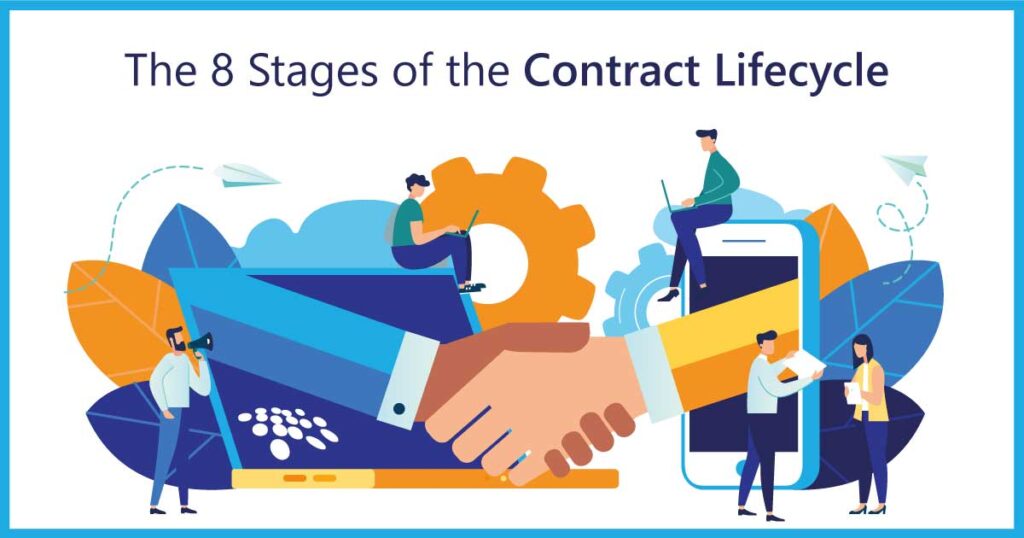- In the world of consumer contracts, a “cooling-off period” refers to a specific timeframe in which a customer can change their mind and cancel a purchase without facing any penalties. However, what may come as a surprise is that the existence of a cooling-off period is not guaranteed, but rather depends on the terms of the contract. This article explores the concept of cooling-off periods, highlighting the variations in their applicability and providing insights into the factors that determine their inclusion in contracts. Get ready to discover the ins and outs of cooling-off periods and how they can potentially protect your consumer rights.
What is a cooling-off period?
A cooling-off period refers to a specific period of time during which a consumer can cancel or withdraw from a contract without incurring any penalties or costs. It is essentially a timeframe provided to consumers to reconsider their purchase decision and potentially return the product or cancel the service, should they have a change of heart. Cooling-off periods are intended to provide a level of protection and flexibility for consumers, ensuring that they have the opportunity to make informed choices, free from pressure or hasty decisions.
Definition
The term “cooling-off period” can vary in its usage and interpretation across different industries and jurisdictions. In general, it refers to the specified timeframe, typically after the purchase or agreement, during which a consumer has the right to cancel the contract. This cancellation period may be provided by law or stipulated in the terms and conditions of the contract. The duration of the cooling-off period can vary widely, depending on various factors such as the product or service being purchased, the location, and the specific contractual terms.
Purpose
The primary purpose of a cooling-off period is to protect consumers and provide them with an opportunity to reconsider their purchase decision. It recognizes that consumers may sometimes make impulsive or hurried decisions, particularly in situations where they may be subject to high-pressure sales tactics. By allowing a cooling-off period, consumers have a chance to reflect on their purchase, evaluate their need for the product or service, and potentially cancel the contract if they decide it is not in their best interest.
The need for cooling-off periods
Protecting consumers
One of the key reasons for implementing cooling-off periods is to protect consumers from making hasty decisions or falling victim to deceptive practices. These periods provide consumers with some breathing space to evaluate the terms of the contract, assess the price and quality of the goods or services, and consider any potential implications or hidden costs. This protection ensures that consumers are not forced into commitments they may later regret and helps to maintain a fair and balanced marketplace.
Allowing for reconsideration
Cooling-off periods also acknowledge the fact that consumer preferences and circumstances can change over time. By allowing consumers to reconsider their purchase, these periods provide an opportunity to reflect on changing needs, financial situations, or any other relevant factors. This flexibility allows consumers to make more informed decisions and potentially avoid disputes or dissatisfaction with the product or service down the line.

Contractual cooling-off periods
Terms and conditions
Cooling-off periods can be stipulated within the terms and conditions of a contract. These contractual cooling-off periods provide consumers with additional protections beyond what might be mandated by law. It’s important for consumers to carefully review the terms and conditions of their contract, as they may contain specific clauses related to cooling-off periods. These clauses will outline the duration of the cooling-off period, any requirements or steps for cancellation, and any associated costs or procedures.
Variations across industries
The length and availability of cooling-off periods can vary across different industries. Some industries, such as retail and e-commerce, may offer more generous cooling-off periods, while others, such as travel or personalized goods, may have shorter or even non-existent cooling-off periods. It is essential for consumers to be aware of any industry-specific regulations or practices that may impact their ability to cancel a contract or return a product.
Legal obligations
In certain jurisdictions, cooling-off periods may be legally mandated for specific types of contracts or purchases. These legal requirements are intended to provide a baseline level of protection for consumers and ensure fair business practices. The specific laws surrounding cooling-off periods can vary from country to country or even within different regions or states. Consumers should familiarize themselves with the applicable laws in their jurisdiction to know their rights and the obligations imposed on businesses.
Exceptions to cooling-off periods
Urgent or emergency situations
While cooling-off periods are generally designed to provide consumers with an opportunity to reconsider their purchases, there are exceptions to these periods in certain situations. Urgent or emergency situations, where immediate action or service is required, may be exempt from cooling-off periods. For example, if a customer calls a plumber for a burst pipe, the nature of the emergency may not allow for a cooling-off period.
Custom or personalized goods
In cases where goods are specifically customized or personalized according to the consumer’s specifications, cooling-off periods may not apply. This is because the product has been tailored to meet the specific requirements of the consumer, making it difficult for the business to resell or recover any costs associated with the customization. The absence of a cooling-off period for custom goods is usually clearly outlined in the terms and conditions of the contract.
Services provided immediately
If a service is provided immediately upon request, such as a haircut or a car repair, cooling-off periods may not be applicable. This is because the service has already been performed and cannot be easily reversed or returned. Consumers should be aware of these exceptions and carefully consider their purchase decisions when engaging in services that are likely to fall under this category.

Length of cooling-off periods
No standard duration
There is no standardized duration for cooling-off periods that applies universally across all contracts or situations. The length of the cooling-off period can vary significantly depending on the specific circumstances, industry practices, and legal requirements. Some cooling-off periods may be as short as 24 hours, while others can span several weeks or even months. It is crucial for consumers to familiarize themselves with the terms of their particular contract to understand the length of their cooling-off period.
Varying timeframes
The duration of the cooling-off period can vary not only between industries but also within different types of contracts within the same industry. For example, the cooling-off period for an online purchase of clothing may differ from that of a major appliance. It is important for consumers to pay attention to the specific terms outlined in their contracts to ensure they fully understand the timeframe in which they can exercise their right to cancel.
Legally mandated minimums
In some jurisdictions, there may be legally mandated minimum cooling-off periods for certain types of contracts. These minimum periods are intended to protect consumers by ensuring they have an adequate amount of time to evaluate their purchase and exercise their right to cancel. The length of these minimum cooling-off periods will depend on the specific laws in the jurisdiction and the type of transaction or agreement.
Consumer rights during the cooling-off period
Cancellation options
During the cooling-off period, consumers have the right to cancel the contract without providing a specific reason. Whether it is a purchase made online, over the phone, or in person, consumers should have the option to cancel and request a refund within the designated timeframe. It is crucial to understand the process and requirements for cancellation, as outlined in the terms and conditions. This may include providing written notice to the seller or following specific procedures outlined in the contract.
Refunds and returns
If a consumer decides to cancel a contract within the cooling-off period, they are generally entitled to a refund of any payment made. However, it is important to note that some contracts may have specific conditions or deductions associated with cancellations, such as restocking fees or the return of goods in a certain condition. Consumers should carefully review the refund and return policies outlined in the contract to understand any potential costs or requirements.
Communication requirements
To ensure the cancellation is valid and documented, it is advisable for consumers to communicate their decision to the seller or service provider in writing. This can be done through email, registered mail, or any other method that provides proof of communication. Verbal cancellations may be disputed or difficult to enforce, so it is best to have a written record of the cancellation request, including the date and time of communication.

Cooling-off period enforcement
Dispute resolution
In the event of any disagreement or dispute regarding the exercise of the cooling-off period, consumers can seek resolution through various channels. It is recommended to first try resolving the issue directly with the seller or service provider. If the dispute remains unresolved, consumers can escalate the matter to relevant consumer protection agencies, regulatory bodies, or even pursue legal action if necessary. The specific dispute resolution processes may vary depending on the jurisdiction, so it is advisable to research the available options and resources for assistance.
Consumer protection agencies
Consumer protection agencies play a crucial role in enforcing cooling-off periods and ensuring businesses comply with the relevant laws and regulations. These agencies often provide guidance, assistance, and mediation services to consumers who face challenges in exercising their rights during the cooling-off period. Consumers should familiarize themselves with the consumer protection agencies in their jurisdiction and seek their support if needed.
Tips for consumers
Awareness of cooling-off rights
One of the most important tips for consumers is to be aware of their cooling-off rights. Understanding the concept of cooling-off periods, their duration, and the applicable laws or regulations empowers consumers to make informed decisions and effectively exercise their rights. By being aware of cooling-off periods, consumers can avoid potential misunderstandings, disputes, or financial losses.
Reading and understanding contracts
To make the most of cooling-off periods, consumers should carefully read and understand the terms and conditions of any contract they enter into. This includes reviewing the cooling-off period details, cancellation processes, refund policies, and any exceptions or limitations that may apply. Being well-informed about the terms and conditions helps consumers make informed decisions and protects them from potential pitfalls or misunderstandings.
Documenting interactions
In any communication or interaction related to the cooling-off period, consumers should maintain a record of all correspondence and documentation. This includes emails, letters, receipts, and any other relevant evidence of the cancellation request or dispute resolution attempts. Having a well-documented history can be invaluable in case of a dispute or when seeking assistance from consumer protection agencies or legal authorities.

Tips for businesses
Clear and concise contract language
Businesses should strive to use clear and concise language when drafting contracts, including provisions related to cooling-off periods. Avoiding overly complex or ambiguous terms helps ensure that consumers fully understand their rights and obligations. Transparent communication contributes to a positive customer experience and minimizes the potential for disputes or misunderstandings.
Providing adequate information
To facilitate informed decision-making, businesses should provide consumers with sufficient information about their products or services, including any limitations or exceptions to cooling-off periods. Clear and thorough disclosures help consumers make well-informed choices and enhance trust and satisfaction in the business.
Compliance with legal requirements
Businesses must be aware of and comply with the cooling-off period regulations and legal requirements that apply to their industry or jurisdiction. This includes understanding the minimum mandated cooling-off periods, providing accurate information, and honoring cancellation requests within the designated timeframe. Failure to comply with these obligations can result in legal consequences and damage to the business’s reputation.
Conclusion
Cooling-off periods play a vital role in safeguarding the interests of consumers and promoting fair business practices. By allowing consumers the opportunity to reconsider their purchase decisions and providing them with the flexibility to cancel contracts without penalty, cooling-off periods contribute to a balanced and transparent marketplace. Consumers should be aware of their cooling-off rights, understand the terms and conditions of their contracts, and maintain clear documentation. Likewise, businesses should ensure their contract language is clear, provide accurate information, and comply with the legal obligations related to cooling-off periods.

